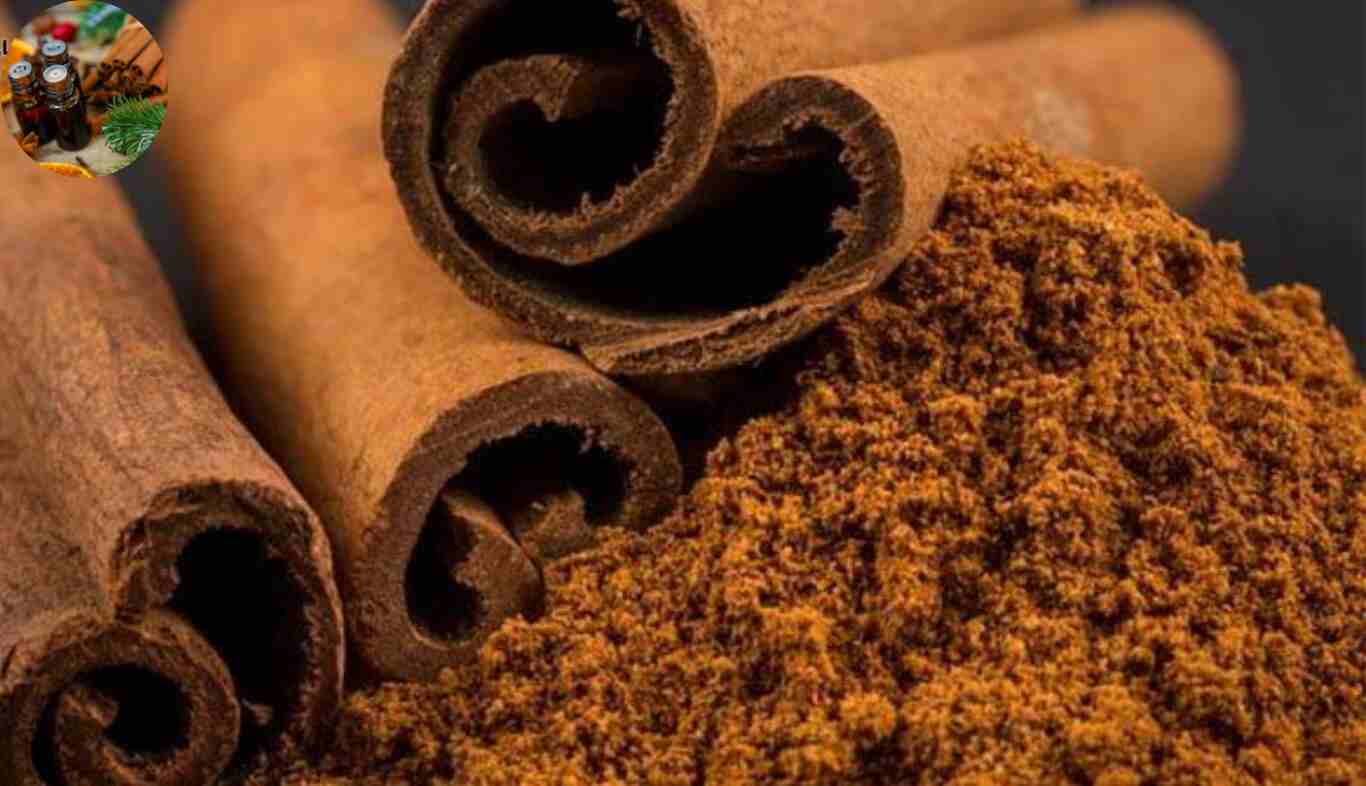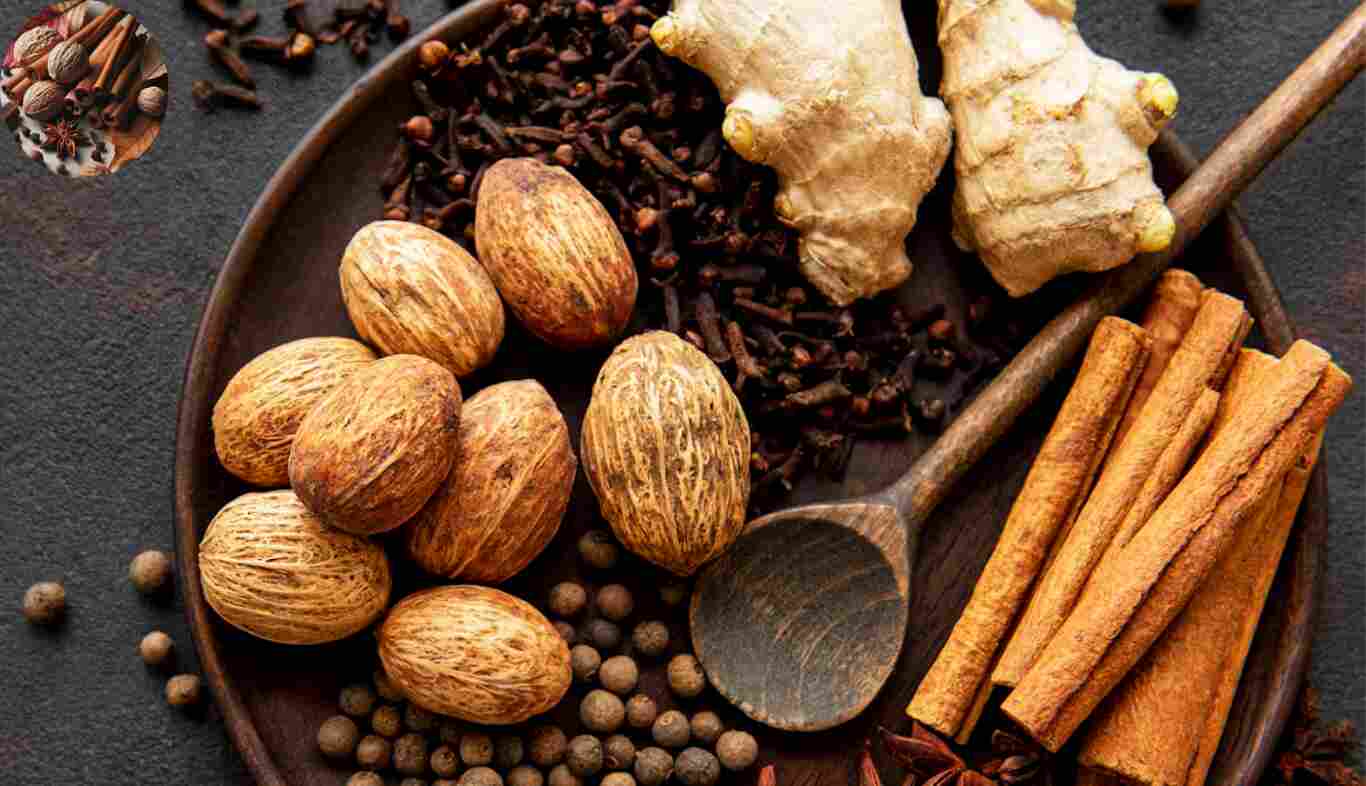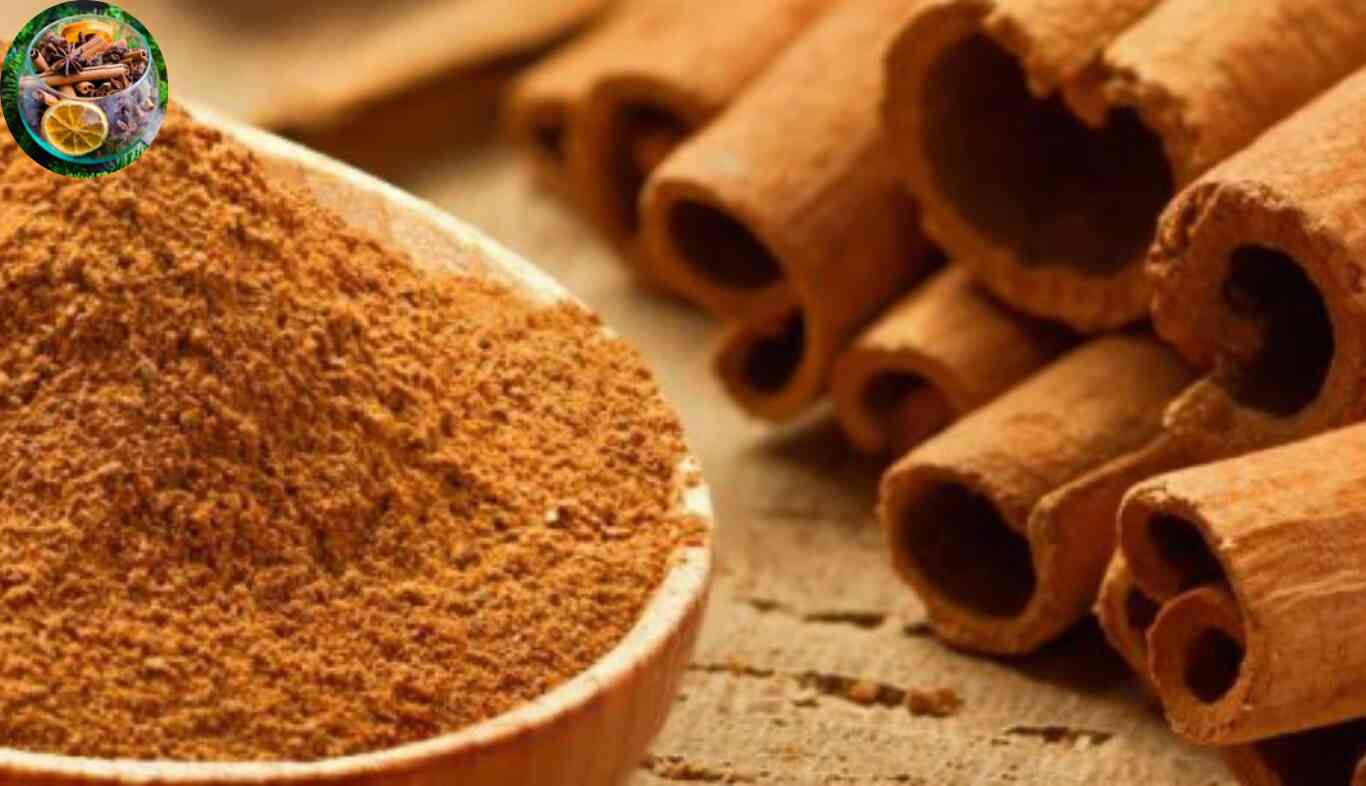Have you ever come home and felt warmed by a lovely whiff of cinnamon in the air? It’s a scent that’s simultaneously cozy and enigmatic, conjuring memories of fall snacks, the merry holiday season, or the luxuriousness of a spa day. But if you’re asking yourself, “Why does my house smell like cinnamon?, the answer isn’t always as straightforward as it may seem.
If the scent of cinnamon in your home has left you wondering about it, you’ve come to the right place!
Common Reasons for Cinnamon Smell in Your Home

There are a few reasons your home might smell like cinnamon, from intentionally ones to more surprising ones. Let’s break it down.
Natural Sources
Baked goods or dishes made with cinnamon cinnamon is frequently used in baking and cooking, especially for recipes for meals such as cinnamon rolls, pies, or spiced lattes. If you have been baking with cinnamon recently, its strong, lasting aroma may be wafting through your house. Just a dash of ground cinnamon in your kitchen can leave an enduring smell.
Cinnamon candles, essential oils, or air fresheners Most of the people use cinnamon candles, diffusers or sprays in order to have a cozy atmosphere. These products are made to give off the aromatic scent of cinnamon, waking up your abode with warmth and welcome.
Environmental Factors
- Seasonal Transitions and Feng Shui Cinnamon smells good and evoke fall and winter seasons. If you’ve recently filled your home for the holidays with cinnamon sticks, potpourri or wreaths, this might be why the smell is so present.
- Cinnamon Hack for Cleaning Cinnamon is a natural deodorizer or insect repellent. Some people, for instance, sprinkle cinnamon powder in the faces of garbage bins or mix it with cleaning solutions to combat odor.
- Also read (how to get rid of skunk smell in house from dog)
Unintentional Causes
- Pests Deterred By Cinnamon Did you know that the strong-smelling scent of cinnamon is a natural pest culprit deterrent? If you’ve spotted ants or other bugs in your home, someone might have sprinkled cinnamon to keep them away. Conversely, this aroma may mean that pests have been active in your home.
- Accidental Spills or Residues A mishap involving cinnamon powder can occur on countertops, in drawers or at hard-to-reach places, leaving you with a lingering scent. Even the residues from products containing cinnamon, such as air fresheners or cleaning sprays, can keep emitting a fragrance long after they’ve been used.
Benefits of a Cinnamon Smell

And the aroma of cinnamon isn’t merely comforting — it has a few surprising benefits, too. Let us take a look at its health and luminous benefits.
Health Benefits
- Cinnamon: For Aromatherapy Effects Cinnamon is a go to in aromatherapy for reducing stress and improving mood. Its warm, spicy scent helps induce relaxation, and can also relieve fatigue and anxiety.
- Natural Antibacterial Agent Cinnamon in nature acts as an antibacterial that help make a healthier, cleaner environment. This is a great option for people who want to lower germs in their home but like pleasant scents.
Aesthetic Appeal
- Warm and Inviting Atmosphere A cinnamon-scented home seems warm, cozy and inviting. The scent is frequently seen as recalling the autumn, or holidays, or cozy gatherings, so it is a popular choice for establishing a friendly atmosphere.
- Connection to Seasonal Traditions Maybe the smell of cinnamon reminds you of family traditions, baking holiday treats, or sharing seasonal beverages in front of the fireplace.
What Cinnamon Odor Could Mean Why You Smell It

The scent of cinnamon is generally a good thing, but some instances it may indicate something less pleasant.
Hidden Issues
- Pest Infestations Cinnamon sometimes repels pests like ants or rodents. If you smell cinnamon and see signs of pest activity (droppings, chewed wires, etc.), investigate further.
- Masking Other Odors A cinnamon odor could temporarily cover up less desirable odors, such as dampness, mold or chemical odors. If you think this is the case, you really need to get to the root of the issue.
Safety Considerations
Synthetic Cinnamon Products When consumed in excess, synthetic candles, sprays, or diffusers that emit powerful cinnamon fragrances can cause respiratory irritation or allergic responses, especially in people with sensitive lungs or allergies.
How to Pinpoint the Source of the Cinnamon Smell

If you’re unsure where that cinnamon scent is coming from, follow these steps to investigate.
Step-by-Step Investigation
- Investigate the Kitchen See if anyone has been baking or cooking with cinnamon recently. Check countertop surfaces, spice racks and drawers for spills or residues.
- Examine Air Fresheners and Cleaning Products Look for candles, diffusers or sprays that have cinnamon or baking spices as an apparent ingredient. Some of these items may be stored away and still give off a fragrance.
- Check for Pest Activity Check typical hiding locations for pests, like attics, basements, or behind furnishings. Look for indicators such as droppings or damaged materials.
Tools to Help
- Odor-Neutralizing Sprays: They can temporarily neutralize the smell, allowing you to find the source more easily.
- Use Pest Control Professionals: If you have a suspicion of infestation involving any insect, then it is best to call a professional since they will save time and effort for you.
How to Deal with (or Enhance) the Cinnamon Aroma

Here, some practical solutions to help either kill the smell or make it stronger.
DIY Methods
Natural scent Grenadine slices and cloves boiled cinnamon cess to create this delight — natural flavor –
Simple Diffuser Combine cinnamon-infused water with bamboo sticks to create a homemade diffuser to waft the scent around your house.
Cleaning Hacks
Cinnamon Water Add a few drops of cinnamon oil or a small amount of powdered cinnamon in water and spray it in garbage bins or other smelly places.
Professional Options
- Go Organic Products Use organic alternatives instead of synthetic air fresheners to be free from health risks.
- Hire the Pest Control If the odor relates to any pests, you need to call pest control services to ensure your place is free from pests.
Preventive Measures
Maintaining a fresh-smelling home requires regular upkeep and intentional tweaks.
Regular Maintenance
- These include cleaning areas where spills or residues can build up.
- Make sure that there’s movement of air so that aromas don’t get stale.
Seasonal Adjustments
Warmer months can cause heavily scented products to amplify so as much as you enjoy a powerful fragrance try to limit during the warmer months.
Pest Prevention
Cinnamon can be used strategically as a natural pest repellent, especially in areas prone to such infestations.
When to See a Professional
Sometimes, you just need some extra help to uncover the smell super source. If you’re in need of assistance, consider calling professionals.
- It took hours of scrubbing completes as the smell lingers.
- There are distinct signs of infestation from pest.
- You suffer health problems from synthetic cinnamon products.
Conclusion
If you’ve been asking yourself, “Why does my house smell like cinnamon?”, you know there are countless potential sources, from deliberate sources such as cooking and decor to inadvertent ones including pest activity or spills. In addition to the many benefits of the smell, it is necessary to resolve hidden concerns or security issues.
Whether you want to develop the cinnamon aroma or want to find the source of the smell, the advice below will serve. Try basic DIY methods first and get professional help when required. And don’t forget, a warm cinnamon-scented home can be an added bonus to your everyday lives.
Also read (what can i spray to keep my dog from peeing in the house)
